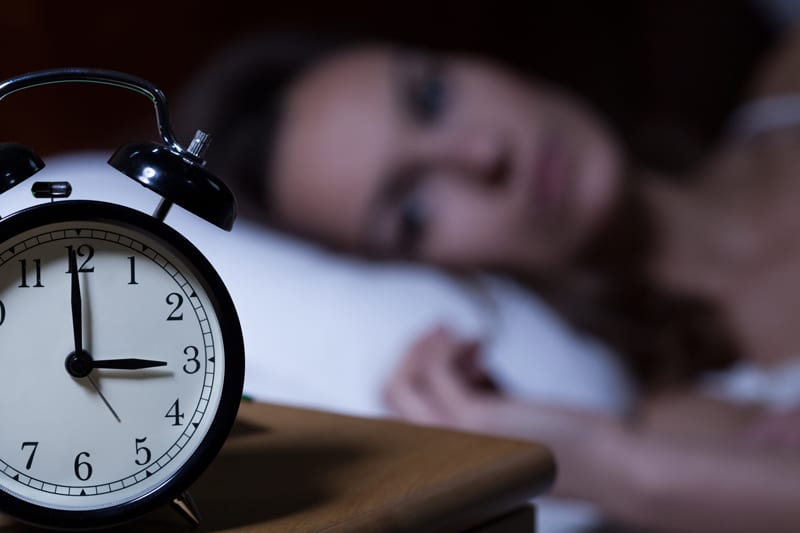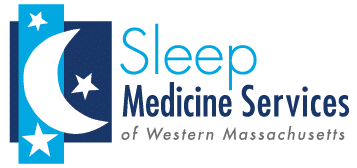Tips for Healthier Sleep
Sleep is crucial for our well-being, complementing a healthy diet and exercise. To improve your sleep, focus on three key factors: your body’s natural need for rest – Sleep Drive, your internal sleep-wake rhythm – Biological Clock, and your physical and emotional state. Managing these elements can enhance both your sleep quality and overall health.


Sleep Drive
The longer we are awake, the more our sleep drive builds, making it easier to fall and stay asleep. This drive is influenced by adenosine, a by-product of energy use, which accumulates in the brain and promotes sleepiness.
- To boost your sleep drive, stay active and engaged during the day: Regular physical exercise is effective, but try to avoid intense workouts within 2-3 hours of your bedtime. Always consult your provider about the best exercise routine for you.
- Naps can reduce your need for a full night’s sleep: If you need to nap, keep it 30-45 minutes and do so earlier in the day. Persistent daytime sleepiness should be discussed with your provider, as it might indicate a sleep disorder.
- Caffeine, found in coffee, tea, energy drinks, and many sodas can disrupt sleep by blocking adenosine: Avoid caffeine after 12-2 PM to improve your ability to fall and stay asleep. Herbal teas are a caffeine-free alternative.
The Biological Clock
The biological clock is a collection of cells in the brain that is responsible for the timing of when sleep is most likely to occur. Like any clock, the biological clock needs to be set and maintained. Melatonin, a naturally occurring hormone, is involved in keeping our clocks set. Melatonin is released in response to darkness and suppressed in response to light.
- As much as possible, keeping the same wake-up time and sleep time, seven days/week, helps keep our biological clock running smoothly.
- Exposure to early morning light and avoidance of light in the late evening helps in this process. If you are having difficulty falling asleep, it is especially important to avoid screen time (television, smartphones, computers, reading devices) in the few hours before desired sleep onset.
- Having regular times for meals, snacks, exercise, work and socializing also helps keep our internal clock running smoothly.


Physical and Emotional States
The ideal sleep environment is cool, dark, quiet, comfortable, and safe. The bed, and ideally the bedroom, should only be used for sleep and intimacy.
- Sleep cannot be forced or controlled; it comes as we relax. Help set the stage for sleep by engaging in calming, non-stimulating activities in the hour(s) prior to bed.
- Minimize distractions by removing electronics such as TVs, phones, and computers from the bedroom. This help signal to your mind and body that the bed is for sleeping.
- Room darkening shades and ear plugs may improve sleep for those that are bothered by light or sound overnight.
- If worries and planning tend to interfere with your ability to fall or stay asleep, consider setting aside a time during the day, well removed from sleep, to problem-solve, make to-do lists, etc.
- While alcoholic beverages might initially help you fall asleep, it can disrupt sleep later as it’s metabolized. Avoid alcohol for 4-6 hours before bedtime.
- Heavy meals before bedtime disrupt sleep by leading to acid reflux. For this reason, it is best to avoid eating a heavy meal within several hours before bedtime.
